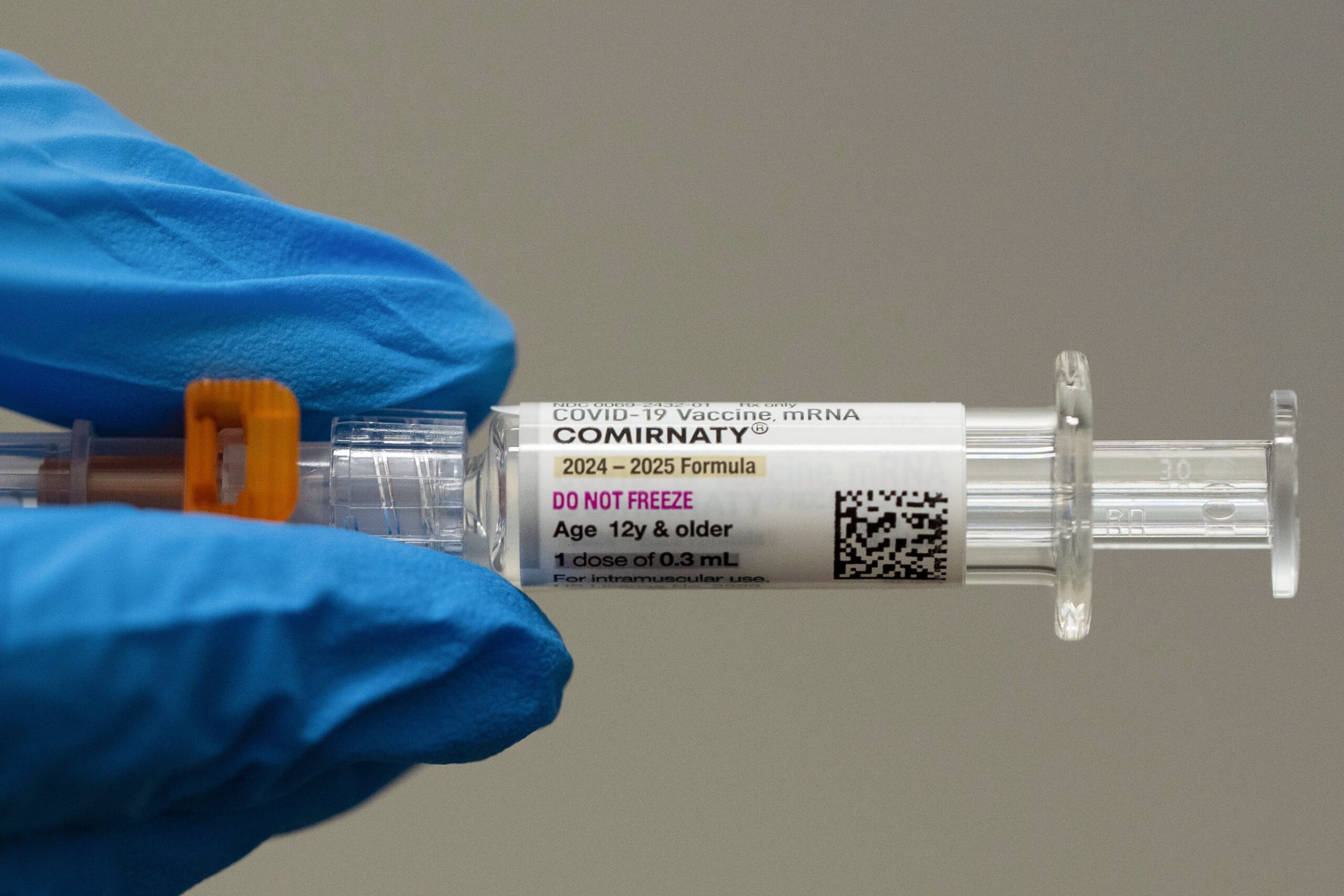Summertime heat, outdoor activities… and symptoms of the flu and cold?
Many individuals may not associate the three, in part because of widespread misconceptions about germs and in part because many viruses actually exhibit reduced activity during the summer.
Suggested Videos
However, in the summer, it is possible to get the sniffles or worse. For instance, federal data released on Friday indicates that COVID-19 is on the rise in several regions of the nation, with an increase in ED visits among individuals of all ages.
Here are some facts on summertime viruses.
How common are the flu and colds at the moment?
The Centers for Disease Control and Prevention report that the number of persons seeking medical attention for the three main illnesses—COVID-19, flu, and respiratory syncytial virus, or RSV—is now low.
RSV remained stable this week, and the flu is on the decline. However, in a number of mid-Atlantic, southeast, southern, and west coast states, COVID-19 is on the rise.
According to Dr. Dean Blumberg, chief of pediatric infectious diseases at the University of California Davis Children’s Hospital, COVID-19 has experienced a late summer surge in recent years, but it is anticipated that it will eventually settle into a winter seasonal pattern like other coronaviruses.
Other viruses that are prevalent at this time of year include the norovirus, sometimes known as the stomach flu, and the one that causes hand, foot, and mouth disease, which has symptoms akin to a cold along with sores and rashes.
Does the summertime slow the spread of viruses?
A lot of viruses spread seasonally, becoming more prevalent in the fall and winter when the temperature drops. Therefore, while it is true that fewer individuals have coughs and congested noses in the summer, cold weather does not induce colds.
Seasonality isn’t the only factor. According to experts, our behavior is the other factor. Because of the pleasant weather, people are congregating outside and opening windows, which hinders the spread of viruses.
However, respiratory viruses continue to exist. Doctors say they detect an increase in illnesses when the temperature becomes too high and people seek refuge indoors. In regions that have prolonged high temperatures, summer can be considered a separate cold season.
Dr. Frank LoVecchio, an emergency department physician and researcher at Arizona State University, remarked, “I grew up on the East Coast and everyone gets sick in the winter.” Here, summertime is a time when many individuals fall sick. Why is that? since you’re indoors more often.
Is it time for you to receive another COVID-19 booster?
When receiving any vaccination, timing is crucial for otherwise healthy individuals. Doctors advise being boosted a few weeks prior to a significant event, such as a wedding or a big travel. However, for the majority of people, it could be worthwhile to wait until the fall in order to see how many COVID-19 instances actually increase in the winter.
According to Dr. Costi Sifri of the University of Virginia Health System, you want to be completely safeguarded when it matters most to you.
Sifri said that people who are more likely to experience issues should always discuss their best interests with their physician. According to him, older people and people with weakened immune systems can require more boosters than others.
Is COVID-19 causing more illnesses in younger children?
The CDC reported last week that the number of children under four visiting the ER was increasing. According to Blumberg, that makes sense because a large number of young children are either unvaccinated or receiving it for the first time.
In May, Health Secretary Robert F. Kennedy Jr. declared that the vaccinations would no longer be advised for healthy children; however, medical professionals have argued that this decision is not supported by science. For children older than six months, the American Academy of Pediatrics continues to recommend COVID-19 vaccinations.
What other ways may I reduce my risk?
According to doctors, the same strategies that help prevent colds, the flu, and COVID at other times of the year also work in the summer.
Wear a mask, wash your hands, and spend time outside whenever you can. Additionally, stay at home if you’re sick.
___
The Robert Wood Johnson Foundation and the Department of Science Education of the Howard Hughes Medical Institute provide support to the Associated Press Health and Science Department. All content is entirely the AP’s responsibility.








